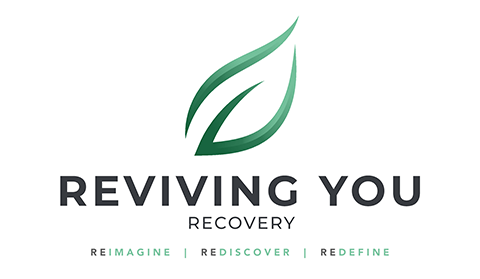
Mindful Practices
We take great pride in our team of compassionate professionals and the culture of healing and renewal we build.

What is mindfulness?
Mindfulness is a type of meditation in which you focus on being intensely aware of what you’re sensing and feeling in the moment, without interpretation or judgment. Practicing mindfulness involves breathing methods, guided imagery, and other practices to relax the body and mind and help reduce stress.
Deeply ingrained in our approach to healing and transformation
Spending too much time planning, problem-solving, daydreaming, or thinking negative or random thoughts can be draining. It can also make you more likely to experience stress, anxiety and symptoms of depression. Practicing mindfulness exercises can help you direct your attention away from this kind of thinking and engage with the world around you.
Mindfulness is an essential tool we provide to our clients for cultivating present moment awareness, fostering self-compassion, and developing resilience. Through our mindfulness practice, individuals learn to observe their thoughts, emotions, and bodily sensations without judgment or attachment. This practice empowers our clients to develop a sense of agency over their own well-being and enables them to navigate life’s challenges with greater clarity and equanimity.
At its core, mindfulness is about being fully present in the here and now, paying attention to the present moment with an open and non-judgmental attitude. By practicing mindfulness, our clients become more attuned to their inner experiences, allowing them to better understand their own triggers, unhealthy patterns, and reactions.
A heightened self-awareness provides them with the necessary tools to respond to difficult situations with mindfulness and intention, rather than reacting impulsively or automatically.
Mindfulness also offers powerful strategies for managing stress, cravings, and emotional reactivity. By observing their thoughts and emotions without getting caught up in them, clients can create space between themselves and their experience, giving them the opportunity to respond rather than react. This increased self-regulation not only helps them manage challenging emotions but also reduces the likelihood of turning to harmful coping mechanisms, such as substance use or destructive behaviors.
At Reviving You Recovery, you’ll learn how mindfulness acts as a guiding thread, weaving throughout each step of our clients’ journey towards wholeness. It fosters inner peace by teaching individuals how to find stillness and calm within themselves, even amidst life’s chaos. It promotes personal growth by encouraging self-reflection, self-compassion, and self-discovery. And most importantly, it supports sustained recovery by empowering individuals to develop a strong foundation of mindfulness that they can rely on long after they have completed our program. With mindfulness as part of their toolkit, our clients are better equipped to face the challenges that arise in their lives, building resilience and maintaining their recovery in the face of adversity.
6 simple Ways to Practice Mindfulness
Mindfulness is about being fully present in the here and now, paying attention to the present moment with an open and non-judgmental attitude. Ultimately, mindfulness acts as a guiding thread, weaving throughout each step of your journey towards wholeness.

1. Be in the now
Guide your awareness back to the present moment and live in the moment.

2. Bring attention to your breath
Allow your breath to take place. Become aware of it and enjoy it.

3. Know your mind
Notice when the mind is wandering or worrying and bring it back to center with mindful breathing.

4. It takes two
To see the most benefit from mindfulness, remember the two key ingredients: awareness and appreciation.

5. Be appreciative
Reflect and appreciate caregivers, family, friends and relationships.

6. Happiness
Pay attention to the experience of basic happiness in everyday life.
It is essential to incorporate mindfulness into daily practice to achieve maximum benefits
Mindfulness can impact your health mentally, physically, emotionally & psychologically. It can help direct your attention from negative occurrences to positive things around you, thus, boosting the quality of your life.
- Decreased stress
- Decreased anxiety
- Alleviates depression
- Improves mental health
- Slows aging
- Reduces physical pain
- Improves working memory
- Improves sleep quality and reduces fatigue
- Improves concentration
- Improved relationships
- Cognitive improvements
- Increases overall quality of life

Your future starts here
Redimagine. Rediscover. Redefine.
Embrace the strength and resilience within you, and trust that by taking the first step to help yourself, you are not only opening the door to a brighter, healthier future but also unlocking your true potential.


Absolutely amazing and friendly team! The property is clean and beautiful. I have learned so much and am excited to begin my journey in recovery.
— AK









